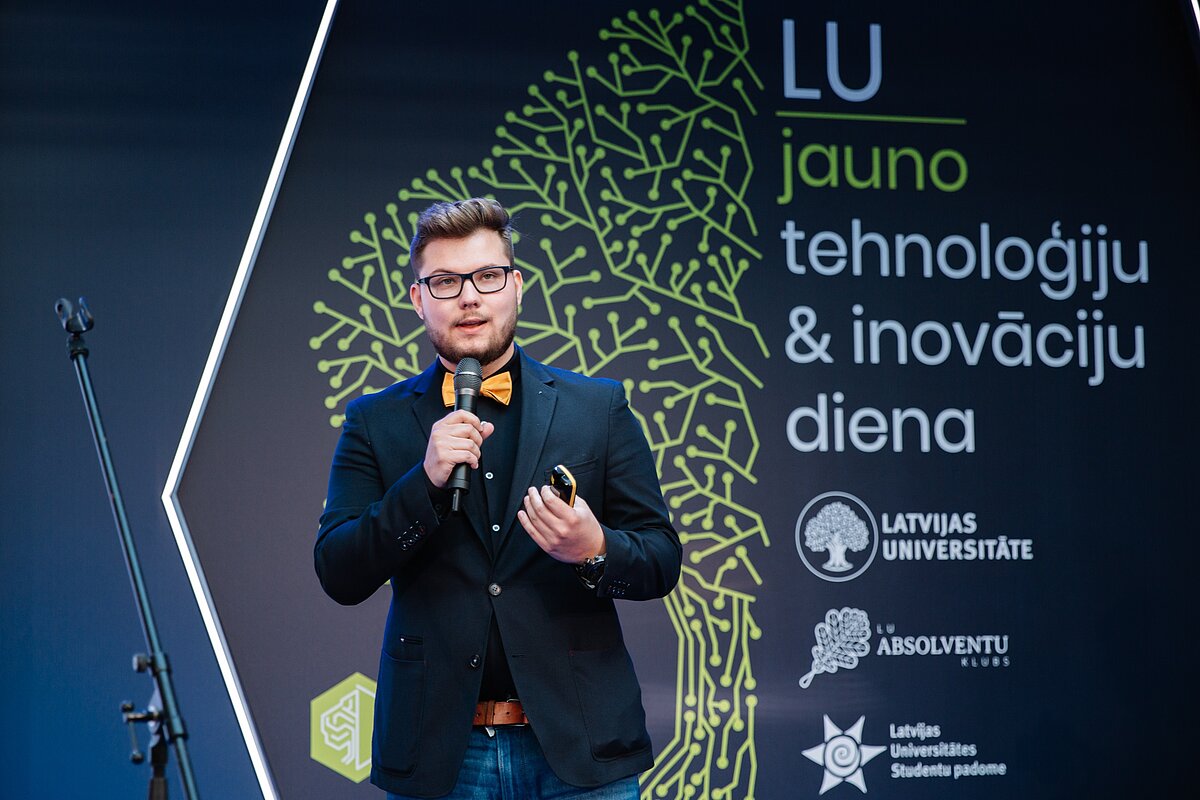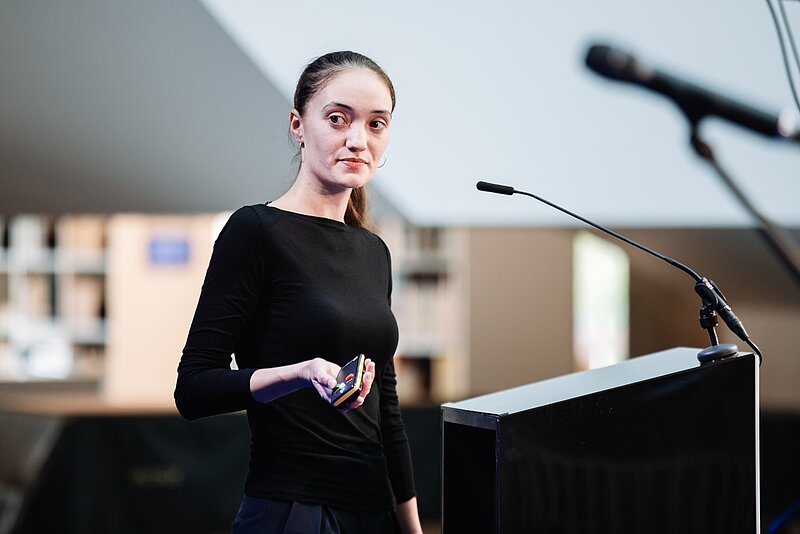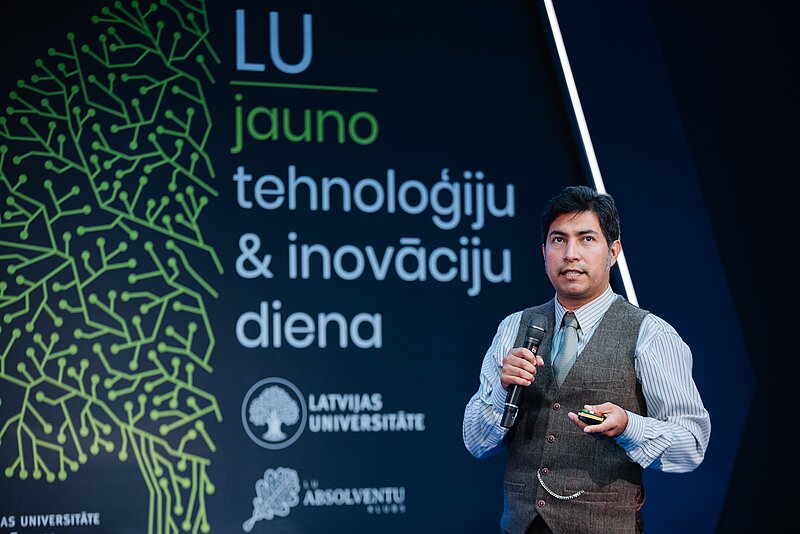
Research involving humans, such as aspirations to explore breast cancer risk factors, implement Covid sequencing, document chemotherapy drug side-effects involve operational challenges. The major systemic and data-related hurdles to be overcome in achieving the research results that bring crucial improvement to human health and wellbeing include the following:
- Fragmentation and traceability, when the research data are fragmented, sometimes scarce and untraceable;
- Compliance with regulations, when the research project must ensure conformity with different, hard-to-sync data usage regulations;
- Consent, which manifests itself as challenges in real-time identification and dynamic onboarding of participants;
- Cadence, - the inherent slowness of research collaboration.
The new tool “Themis” developed by “Longenesis” specialists enable efficient resolution of these issues, providing a clear, easy-to use environment that enables the researchers to concentrate on the content of their research and deliver vitally important research conclusions which are produced in compliance with scientific, data usage and privacy regulations.
“Longenesis” has created an end-to-end environment for biomedical institutions, patient organizations and research partners and sponsors – to communicate directly, enabling both safe data curation and compliant, consent-enabled biomedical data utilization for research. Further information on the research support tools is available at www.longenesis.com.
On the afternoon of September 25, for the second year in a row, the discovery and innovation event “UL New Technologies and Innovations Day” took place in the premises of the University of Latvia. A significant number of UL researchers participated in the “Agora of Knowledge”, which was one of the most important parts of the event.
“Agora of Knowledge” was an opportunity for researchers within 6 minutes to present and engage the general public with recently completed or newly initiated innovative research in the field of technology, various processes and improving quality of life.
This year, “Agora of Knowledge” featured almost 60 different studies on the development of the microorganism collection, the solar system, nanomaterials, the bioeconomy, magnetic accelerators, material memory, gene data, as well as solutions in the fields of demography, education, ecosystems and medicine.

 Academic Centre
Academic Centre
